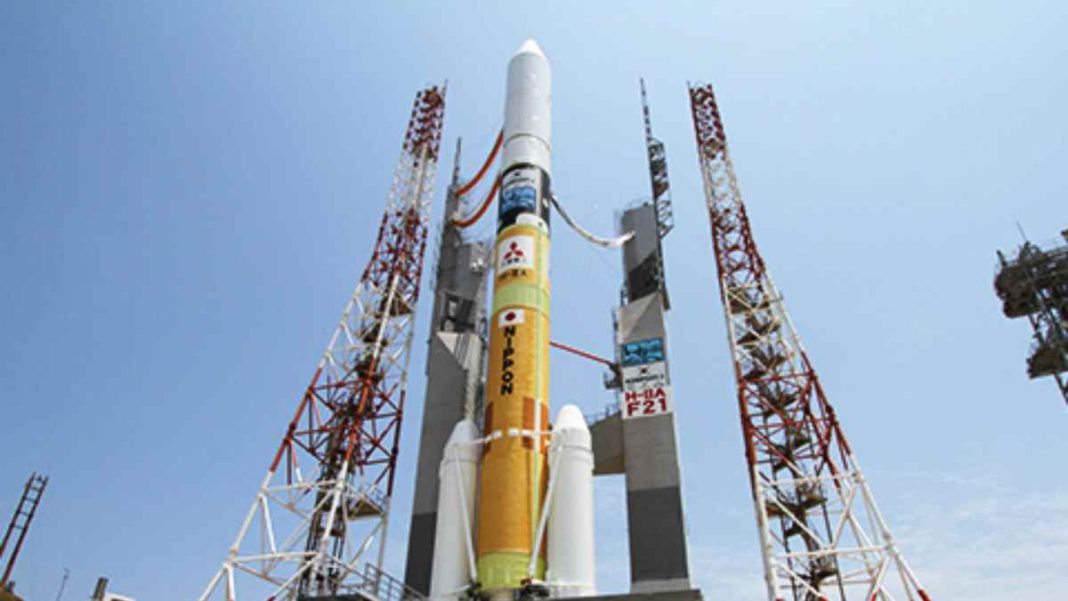JAPAN: The Japan Aerospace Exploration Agency (JAXA) is embarking on a crucial mission to the Moon as it seeks to restore its reputation in the global space community following a series of setbacks. The agency plans to launch its reliable H2-A rocket on Sunday morning with high hopes of achieving a successful lunar endeavor.
This decision comes in the wake of contrasting outcomes in the field of space exploration. India’s ISRO made headlines recently with the Chandrayaan-3 mission, successfully landing a spacecraft near the Moon’s south pole, a historic accomplishment that propelled India to the forefront of lunar exploration. However, Russia’s Luna-25 mission encountered failure, underscoring the inherent challenges of space exploration.
The H2-A rocket has emerged as a beacon of reliability for JAXA. With only one failure among 42 launches since 2001, it stands as the agency’s most dependable launch vehicle. This track record has solidified its position as the chosen vessel for this significant lunar mission.
At the heart of this endeavor is the Small Lander for Investigation Moon (SLIM), a payload that the H2-A rocket will carry on its journey to the Moon. Additionally, the rocket will be entrusted with the X-ray Imaging and Spectroscopy Mission (XRISM), a satellite designed to enable scientists to observe plasma within stars and galaxies, unraveling the mysteries of these celestial entities.
The implications of the H2-A’s success extend beyond this mission. If triumphant, it could lay the foundation for future space exploration probes characterized by pinpoint navigational accuracy. Furthermore, this achievement holds the potential to rejuvenate JAXA’s standing within the global space exploration community after a challenging year of setbacks.
JAXA’s setbacks were not insignificant. In October 2022, the agency experienced a major setback when it had to abort the launch of the Epsilon rocket mid-flight. This marked a significant failure, the first of its kind since 2003. Investigation revealed a faulty component as the culprit behind the rocket’s inability to maintain its intended trajectory.
In November 2022, JAXA’s troubles escalated when it was revealed that a research team had manipulated a substantial volume of data gathered during an experiment simulating life on the International Space Station, casting doubt on the integrity of the agency’s scientific endeavors.
The string of complications continued into February of the subsequent year when the launch of the H3 rocket was delayed due to a malfunction between its main engine and side booster.
March brought further adversity as the second-stage engine of the H3 rocket failed to ignite as planned, forcing operators to initiate a self-destruct command mid-flight.
July witnessed yet another setback as the engine of an Epsilon S rocket exploded during a ground test. This incident was particularly impactful as both the Epsilon and H3 rockets employed the same type of solid rocket booster.
Also Read: NASA Announce Geology Team for Historic Artemis III Lunar Landing Mission



